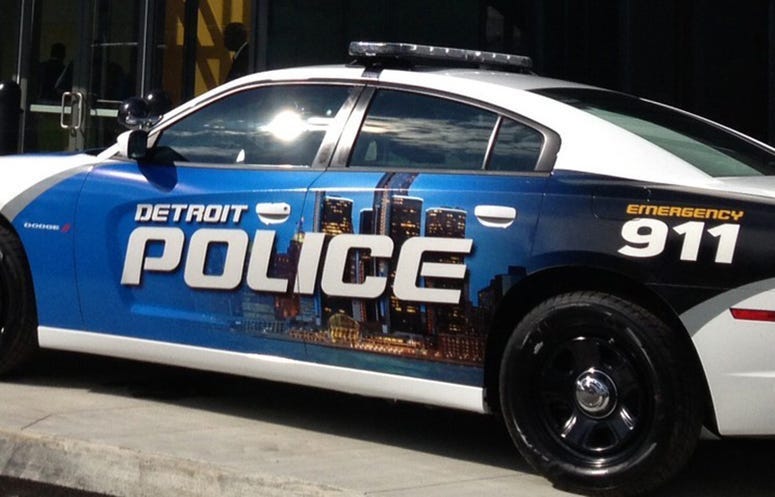
DETROIT (WWJ) – Supporters of ShotSpotter technology say it will help reduce gun crimes in the city of Detroit. Opponents say it’s an invasion of privacy, unreliable and sucking up money that could be better used elsewhere.
Detroit City Council members say it will be coming to more Detroit neighborhoods.
The council on Tuesday voted 5-4 to approve the expansion of the controversial gunshot detection program throughout the city.
ShotSpotter, an aerial gunfire detection system that uses sensors to pinpoint the locations of gunshot activity, has been heavily scrutinized by many Detroiters. The technology from a California-based company had been in use in the city’s 8th and 9th Precincts and will now be expanded to nine more neighborhoods.
Officials had been discussing expanding the program since early summer, but votes on the matter were delayed multiple times. Last month the council approved a $1.5 million renewal of its current ShotSpotter system but delayed voting on the rest of the neighborhoods.
Tuesday’s approval will see a four-year, $7 million contract pull money from within the department’s criminal code enforcement budget, according to a report from The Detroit News. The source of the funding had been a problem for some, as it was previously set to pull from federal pandemic relief funds.
The News reports the department hopes the expanded ShotSpotter areas will be live by the 4th of July.
While officials like DPD Chief James White and Mayor Mike Duggan have been strong proponents of ShotSpotter, critics have been loud in their opposition.
Many worry innocent people of color could be put in danger, especially if the technology isn’t as accurate as officials say. Opponents say police may respond to the wrong area and when they show up with no information on a suspect or circumstances surrounding the shooting – just that shots have been fired – someone uninvolved in the shooting may be in danger.
Others say fireworks and backfiring cars could send officers out to scenes that aren’t shootings.
But White has maintained the technology is a necessity, and it’s working. Data showed a 27% drop in gun violence in the areas it was used in the pilot program, while other areas of the city saw no decrease in crime, according to a report from WDIV.
City officials say less than 10% of shots fired incidents detected by the ShotSpotter pilot program were called in to 911, which means residents aren’t calling police when shots are fired.
While some opponents are worried about the invasion of privacy, city officials and a company spokesperson say the acoustic software does not record voices and does not have cameras.

